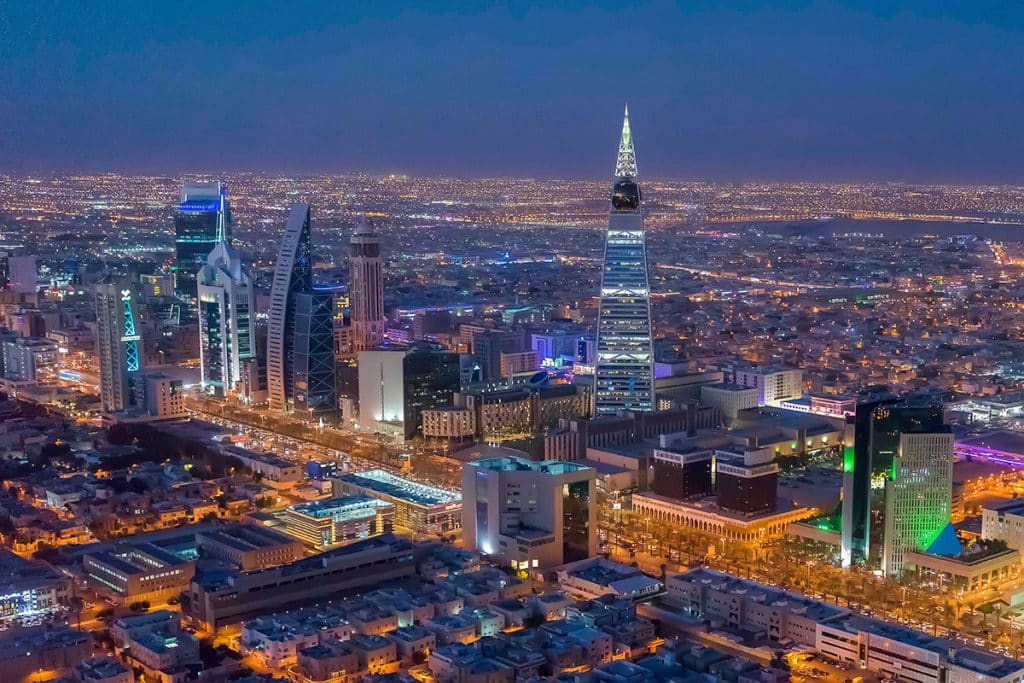
The Kingdom's FDI growth for 2023 reflects its efforts to transform the business environment. New laws such as the Civil Transactions Law, Private Sector Participation Law, and Bankruptcy Law, alongside the introduction of Special Economic Zones, have made the investment climate more attractive. These legislative changes, coupled with infrastructure projects and partnerships, have contributed to a favorable environment for foreign investors.
Saudi Arabia's gross fixed capital formation also experienced substantial growth, further signaling investor confidence. Gross fixed capital rose from $172 billion in 2017 to almost $300 billion by the close of 2023. This sharp rise has been driven by the influx of foreign capital into infrastructure, real estate, and technology, sectors seen as critical to the country's long-term goals under Vision 2030.
The Saudi government, under the Ministry of Investment led by Khalid Al-Falih, has played a pivotal role in creating policies to encourage investment. Minister Al-Falih has emphasized that FDI will remain a cornerstone of Saudi Arabia’s strategy to create jobs, transfer technology, and diversify its economy. He cited the importance of Vision 2030 in creating a clear roadmap for the Kingdom's development, providing investors with long-term security in their business ventures.
A notable component of the FDI boom has been the participation of global corporations in large-scale projects. Joint ventures, such as those in renewable energy, entertainment, and tourism, reflect the confidence that foreign companies have in the Kingdom's economic transformation. High-profile investments, including new manufacturing facilities and tech partnerships, are rapidly reshaping the landscape.
Among the various sectors receiving FDI, renewable energy has emerged as a frontrunner. Saudi Arabia has invested heavily in solar and wind energy as part of its commitment to reduce carbon emissions and transition to a more sustainable energy economy. This shift aligns with global trends towards cleaner energy sources, further enhancing Saudi Arabia’s attractiveness to environmentally conscious investors.
FDI inflows have also significantly influenced employment. New foreign ventures are creating a multitude of jobs, especially in sectors such as construction, technology, and manufacturing. The increased activity in these sectors is expected to continue as foreign companies expand operations in Saudi Arabia, taking advantage of business-friendly regulations and ample investment opportunities.
In line with the Vision 2030 strategy, the Kingdom has also prioritized tourism, aiming to boost its share of the national economy. The government has undertaken ambitious projects such as NEOM, a futuristic smart city that is drawing global attention. Other initiatives, like the Red Sea Project, are key to positioning Saudi Arabia as a top tourism destination. These projects alone have attracted substantial foreign investment, with more expected as the infrastructure and attractions are completed.
Challenges remain, however, as Saudi Arabia seeks to maintain momentum in its drive for economic diversification. The global economic climate, fluctuations in oil prices, and competition from other emerging markets present potential obstacles to sustained FDI growth. Nonetheless, the Kingdom has shown resilience by adapting its policies to meet these challenges, demonstrating a clear commitment to long-term economic reform.
Experts believe that Saudi Arabia's ability to attract further FDI will largely depend on its capacity to improve regulatory transparency and ease of doing business. While substantial progress has been made, some investors remain cautious about regulatory frameworks and governance issues. The Kingdom’s ability to address these concerns, while continuing to open its economy, will be critical in maintaining FDI inflows at high levels.
Topics
Spotlight
